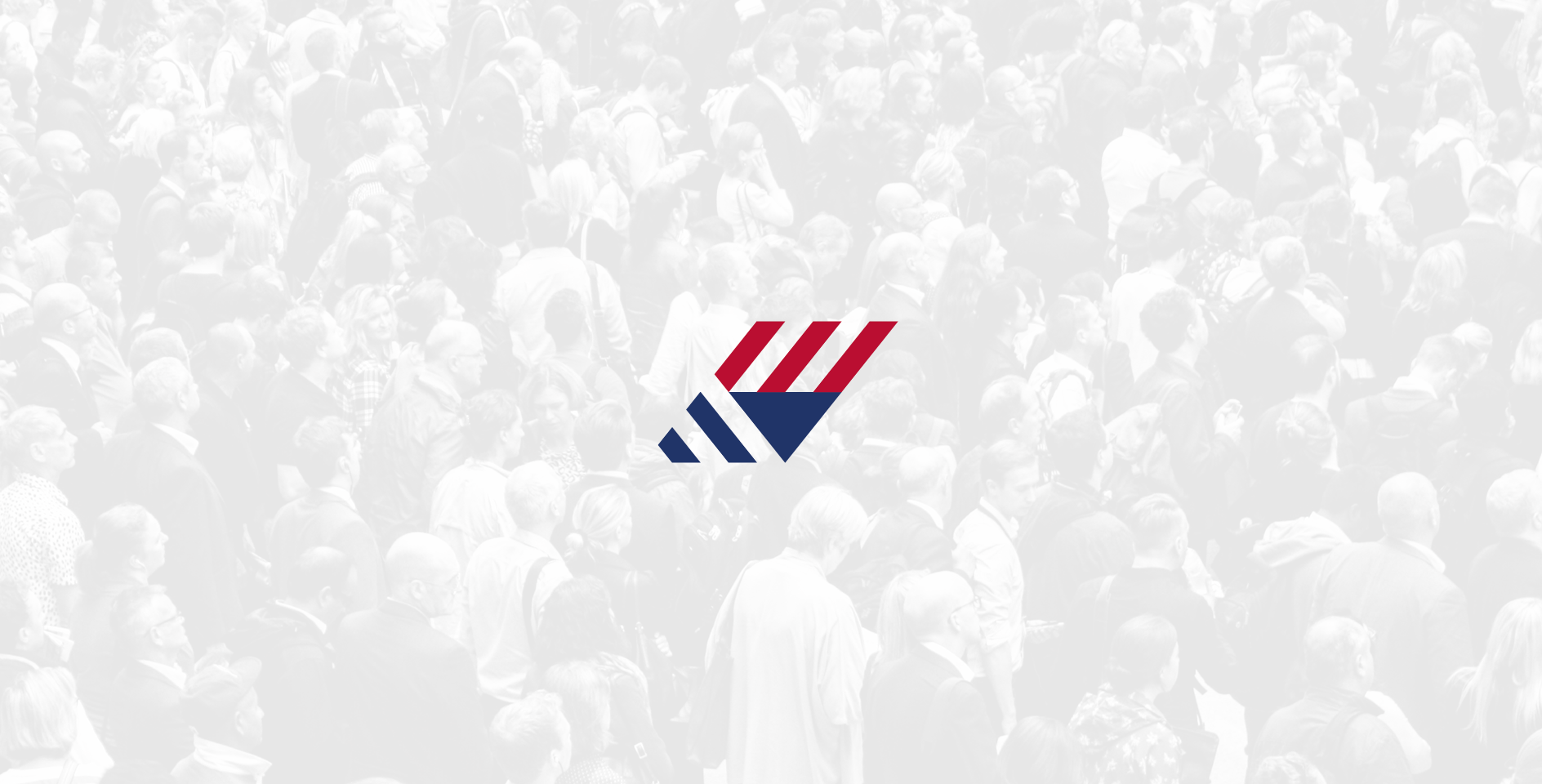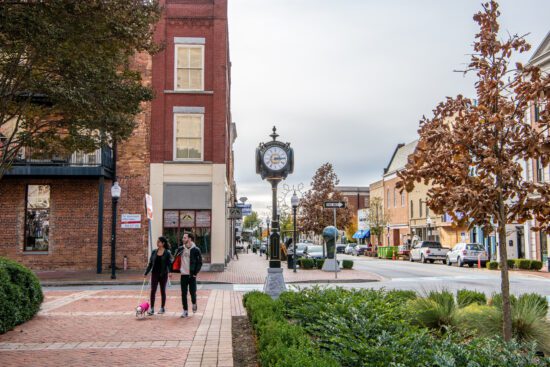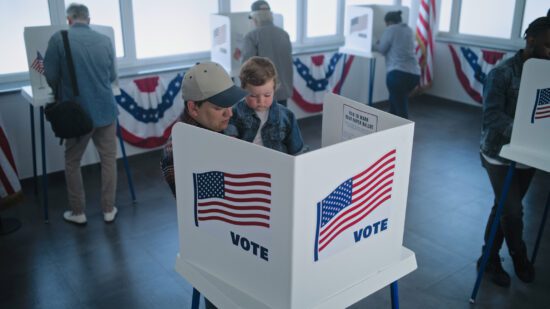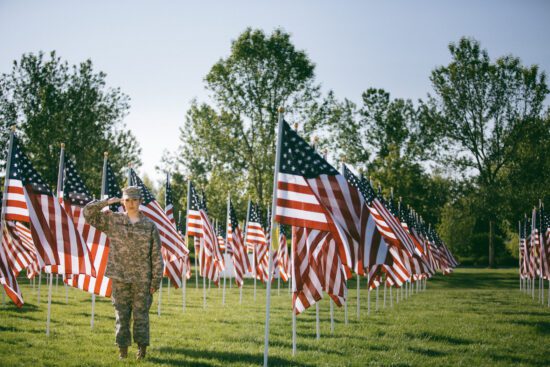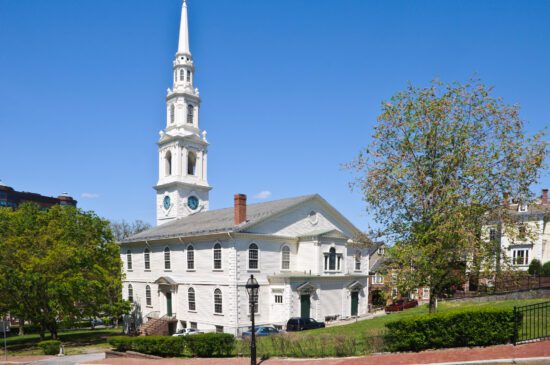In June 2017 a gunman opened fire on a group of Republican Congressman, nearly killing one. Just over a year later, several pipe bombs were mailed to prominent Democratic officials, including former President Barack Obama. In recent years Americans have attacked and killed fellow Americans at synagogues in Pittsburgh and Poway, a gay nightclub in Orlando, and a church in Charleston because of political, religious, or ethnic differences. In June 2018, 31 percent of respondents in a Rasmussen poll believed civil war was likely to break out within the next five years.
These sporadic incidents of political violence are still thankfully rare, and civil war is unlikely. But the violence is a warning sign, a dramatic indicator of a broader breakdown in the American public square—in how Americans perceive their neighbors, their government, and their opportunities for civic engagement. The American public square, as our interviewees unanimously told us, is caustic, toxic, ignorant, and corrosive. The level of polarization, mistrust, and tribal animus is not unprecedented in American history—the 1790s, 1860s, and 1960s were worse—but the 2010s rank close to those decades as among the least flattering to the aspirations of American democracy. We hate our politicians, and we hate each other.
Some observers warn that democracy cannot survive a wholesale loss of faith in one another, in public persuasion, and in the rules of democratic politics. That conclusion might be overdrawn— the United States did, in fact, survive the 1790s and 1960s (and, barely, the 1860s)—but it is also unnecessary. We do not have to believe that democracy is on its last legs to want it to see better days. It is enough that something is wrong for us to see a duty to put it right. Waiting for an apocalyptic crisis is a dereliction of the duties of citizenship, a form of national procrastination that is both cause and evidence of the state of the public square. Christians can and should desire a better public square, and we can and should bear public witness for that goal. Christians are called to love our neighbors; we are called to “seek the peace and prosperity of the city” in which we sojourn (Jeremiah 29:7); we are called to “fear God, honor the king,” (1 Peter 2:17), to “render to Caesar the things that are Caesar’s,” (Matthew 22:21), to do everything to the glory of God (1 Corinthians 10:31), to “work heartily, as for the Lord” in all things (Colossians 3:23).
Steps Toward a Healthy Democracy
This report explores how American evangelical Christians might contribute to healing political and cultural divides in America. It also aims to identify gaps in Americans’ civic education and civic practice and to suggest ways to fill that gap. We hope to engage Christians on what healthy democratic participation looks like: how do we love our neighbors politically, and how might our faith lead us to advocate for human flourishing in the public square?
This report shares what we heard from nearly 50 interviews with evangelical leaders and learned from a survey conducted by LifeWay Research. We do not have a central thesis or argument; we do not (yet) delve deeply into solutions or recommendations. This is only the first of many steps we aim to take over the following year. With the public release of this report, we hope to kick off a dialogue among churches, seminaries, with the public, in the media, and with the academy. We also hope to develop materials for use in churches based on this research, helping equip church leaders to teach their flock about how to love their neighbors politically. Civic education is not the church’s primary mission, but the church’s primary mission of preaching the gospel of Jesus Christ has implications beyond the four walls of the church, and we hope to help churches teach about those implications with truth and love.



